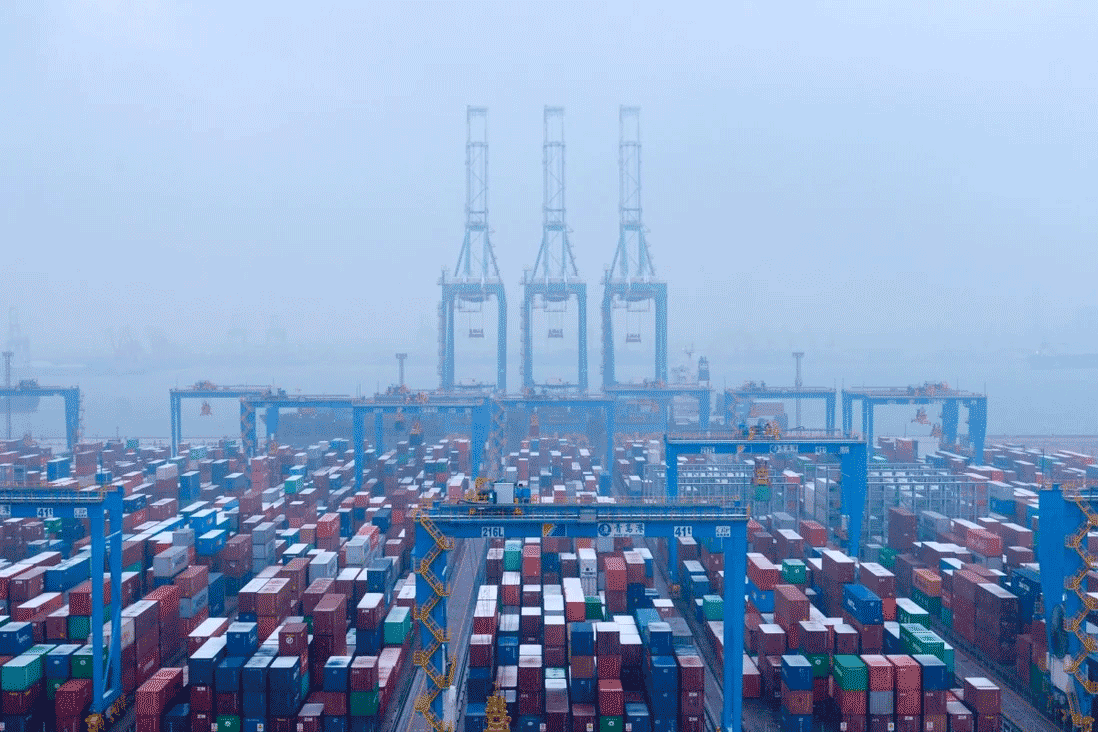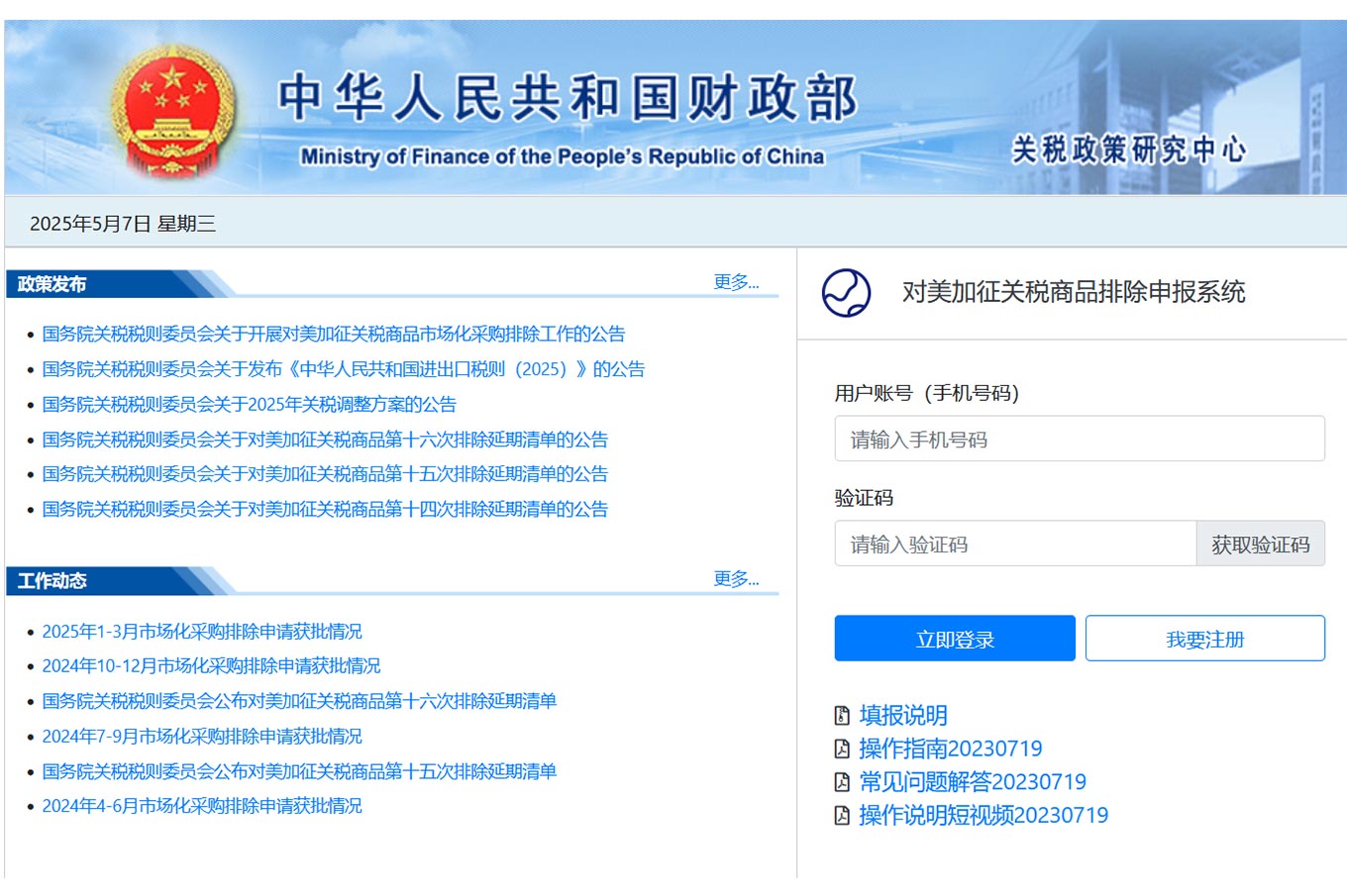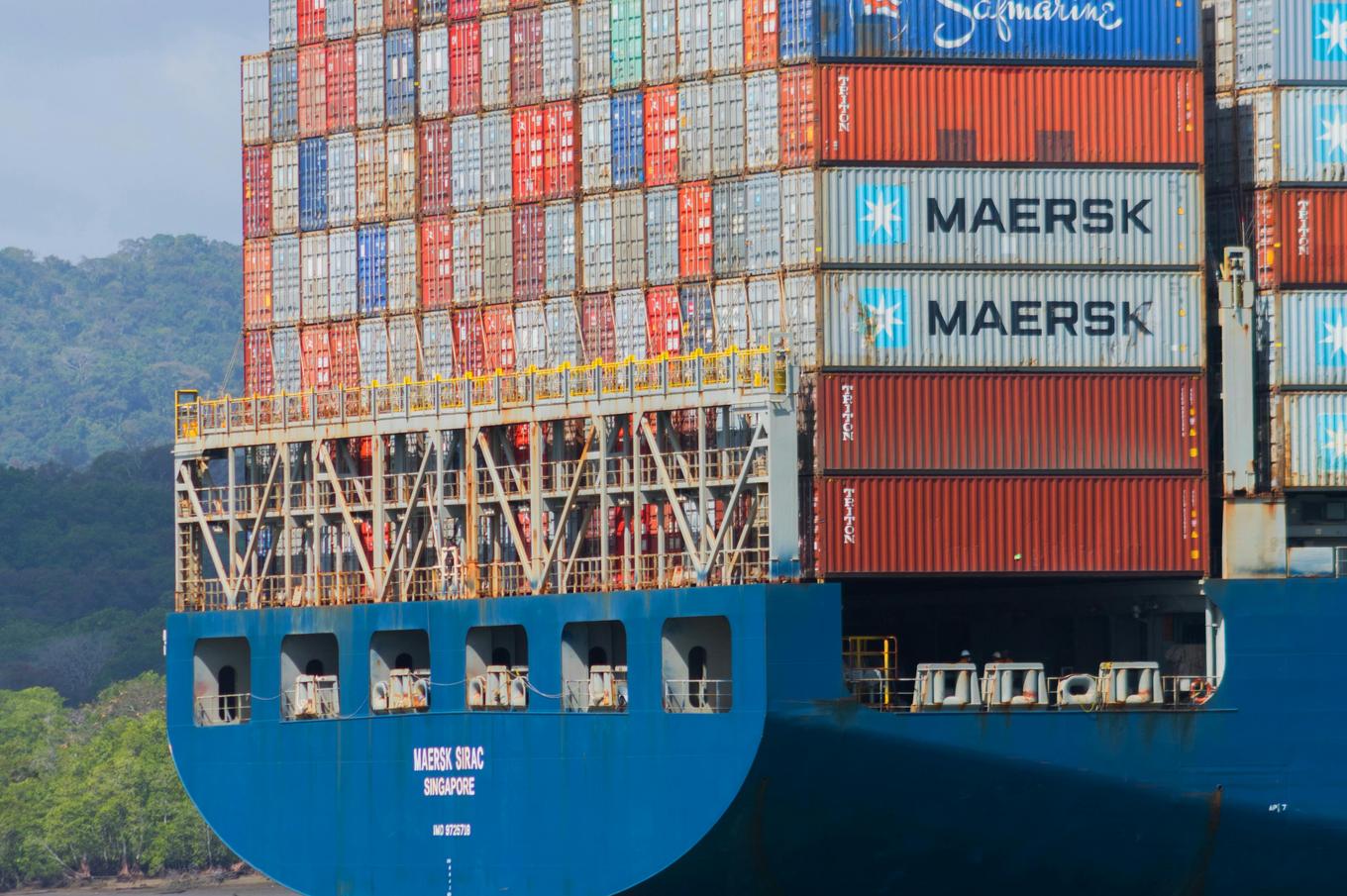- Shanghai Zhongshen International Trade Co., Ltd. - Two decades of trade agency expertise.
- Service Hotline: 139 1787 2118

The EU plans to restrict ChineseMedical Equipmentmanufacturers from qualifying for its public procurement contracts, a move that has drawn widespread attention in global trade circles. According to Bloomberg citing informed sources, EU member states may vote on this proposal as early as June 2. If passed, this would become the first substantive action taken by the EU under its 2022 International Procurement Instrument (IPI), marking an important step in the EUs reciprocity principle for global public procurement market access. However, this move may open a new complex front in China-EU relations as the EU attempts to balance its relationship with China while responding to U.S. tariff pressures.
The International Procurement Instrument (IPI) is a legal tool developed by the EU to address unfair competition in global public procurement markets, ensuring fair treatment for EU companies in other countries public procurement markets while implementing reciprocal measures against countries that restrict EU companies access. Under the IPI, the European Commission has the authority to impose various restrictions on companies participating in its public procurement, including adjusting bid scoring, reducing winning chances, or even completely banning certain companies from EU procurement contracts. This law reflects the EUs strong pursuit of fairness and reciprocity in globalized trade.
The restrictions targeting Chinese medical device manufacturers stem from EU concerns about long-standing imbalances in Chinas public procurement market. In April 2024, the EU launched an investigation into Chinas medical device procurement market, focusing on Chinas increasingly prominent localization orientation in medical technology procurement. The investigation results, released in January 2025, concluded that China discriminates against foreign companies in medical device procurement. For example, multiple Chinese provinces and cities have set strict localization requirements in medical device procurement, prioritizing local suppliers and making it difficult for foreign companies to enter the Chinese market. The EU report shows this policy directly reversed Chinas medical device trade: from a €1.3 billion deficit in 2019 to a €5.2 billion surplus in 2020.
The rapid growth of Chinas medical device market and strengthening localization policies have not only changed the global medical device trade landscape but also raised EU concerns. The EU investigation aims not to reverse Chinas trade surplus trend but to push China to open its public procurement market for fairer competition through restrictions. EU officials stated fair competition is a core principle of the global trade system, while Chinas medical device policies clearly contradict this principle.
The proposals background must also be considered within broader geopolitical and economic contexts. In recent years, the EU has sought balance in its relationship with China. On one hand, China is an important EU trade partner with close cooperation in multiple fields; on the other, the EU has expressed growing concerns about Chinas market access, IP protection, and technology transfer practices. Meanwhile, U.S. President Trumps revived tariff war has intensified global trade tensions. The EUs restrictions on Chinese medical device manufacturers at this time will undoubtedly add new uncertainties to China-EU relations.
Notably, the EUs move is not isolated. In recent years, protectionist tendencies in public procurement markets have risen among major global economies. For example, the U.S. strengthened local firm support through Buy American policies, while China consolidated domestic industry competitiveness through localization requirements. The EUs IPI emerged in this context to protect EU interests through reciprocal measures. However, analysts note this restriction-for-restriction strategy may further fragment global trade or even trigger retaliatory measures.
For Chinese medical device manufacturers, EU restrictions may bring significant impacts. Chinese companies have rapidly risen in the past decade, gaining global market importance through cost advantages and technological progress. However, strict EU procurement restrictions may reduce market share and revenue. Additionally, this may prompt China to reconsider its own public procurement policies—whether further market opening will be exchanged for EU reciprocity remains to be seen.
EU member states are not fully unified on this proposal. Some worry restricting Chinese companies may strain medical device supply chains, especially as global supply chains have not fully recovered from COVID-19 impacts. As critical public health resources, medical device supply chain stability is vital for EU nations. Thus, the vote will directly reflect EU members tradeoff between trade protection and supply chain security.
Long-term, the EUs move may become a starting point for reshaping global public procurement market rules. With IPI implementation, the EU may extend similar measures to other industries like infrastructure or high-tech equipment procurement. This would affect not only Chinese companies but also trigger chain reactions among other nations firms. Analysts believe future global trade rules may emphasize reciprocity and transparency more, posing new challenges for all participants market strategies.
Overall, the EUs restrictions on Chinese medical device manufacturers represent both strategic moves to maintain fair competition and careful balancing of geopolitical and economic interests in complex international environments. The June 2 vote will provide key guidance for policy implementation while setting the stage for future China-EU trade relations. In increasingly turbulent global trade, this event will undoubtedly be an international focus.
Related Recommendations
? 2025. All Rights Reserved. Shanghai ICP No. 2023007705-2  PSB Record: Shanghai No.31011502009912
PSB Record: Shanghai No.31011502009912










